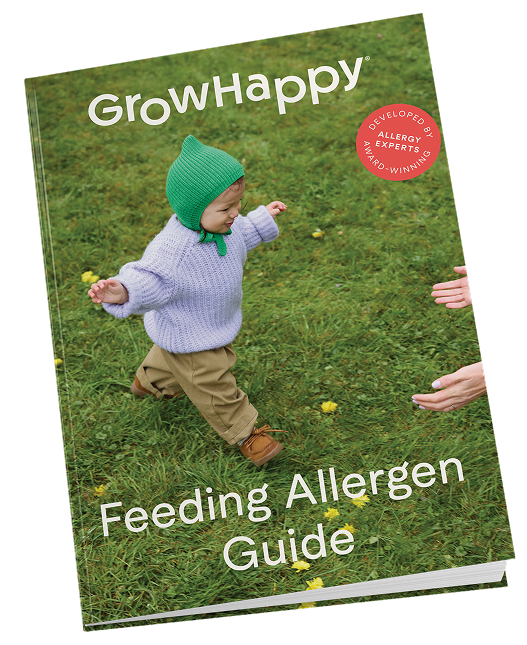A food allergy is “an adverse health effect resulting from a specific immune response that occurs reproducibly on exposure to a given food.” In plain language, a food allergy is when a person’s immune system overreacts to something in a certain food. This part of the food that the body reacts to is usually a protein and is called an allergen. The immune system thinks the allergen is a threat and tries to attack it. This response can cause a range of symptoms, which are called an allergic reaction.
Food allergies are not the same thing as intolerances or sensitivities. Sensitivities do not have an established or likely immunological mechanism. Unlike a true IgE-mediated food allergy, symptoms of intolerances are generally less serious and typically do not lead to anaphylaxis. The term sensitivities does not have an established or likely immunological mechanism and no official definition has been set.









